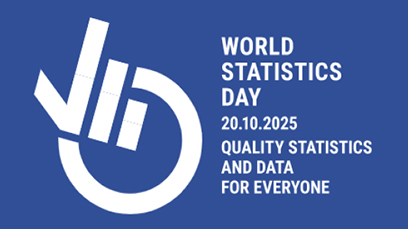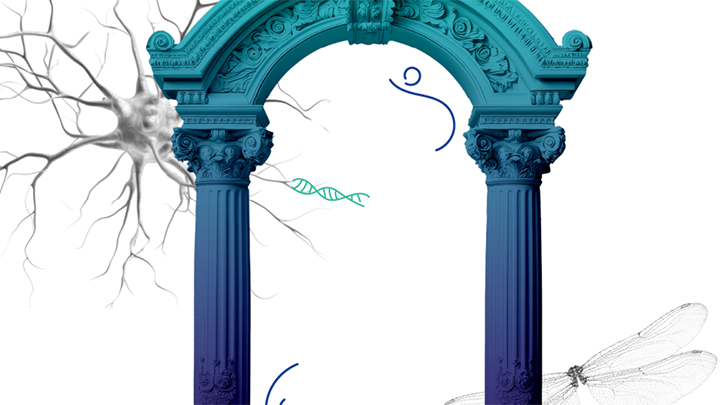
1077 Budapest, Kéthly Anna tér 1., 4th floor, room 451.
In addition to funding opportunities, the information day will offer an insight into the preparation of the calls for 2020, European contractual Public Private Partnerships, their strategic research and innovation agendas, and opportunities to engage in their activities. Representatives of European initiatives offering cascade funding to third parties will present further funding opportunities, and project participants will share their experience in preparing and participating in H2020 projects.
The budget of the current ICT call exceeds EUR 600 million. ICT and FET calls cover numerous areas, including micro- and nanotechnologies, photonics, robotics, internet of things, next generation internet, big data, artificial intelligence, and quantum technologies. Other pillars of Horizon 2020, such as the Excellent Science pillar and the Societal Challenges pillar offer further funding opportunities (e.g. future and emerging technologies, infrastructure, health, energy, security).
Date: 9 November 2018, 09:15 – 13:00
Venue: National Research, Development and Innovation Office Room 451 (1077 Budapest, Kéthly Anna tér 1.)
PROGRAMME
| 09:00 – 09:15 |
Registration |
| |
|
| 09:15 – 09:30 |
Welcome |
| |
National Research, Development and Innovation Office |
| |
|
| 09:30 – 10:00 |
ICT in Horizon 2020 – 2019 calls in Enabling Technologies & Societal Challenges |
| |
Alessandro Barbagli, European Commission, DG CNECT |
| |
|
| 10:00 – 10:15 |
SME Instrument, ECSEL and AAL calls |
| |
Edina Németh, National Research, Development and Innovation Office |
| |
|
| 10:15 – 10:30 |
Future and Emerging Technologies and FET Flagship calls (QuantERA, FLAG-ERA) |
| |
Edina Németh, National Research, Development and Innovation Office |
| |
|
| 10:30 – 10:45 |
Connecting Europe Facility (CEF) |
| |
Ferenc Kneisz, Ministry for Innovation and Technology |
| |
|
| 10:45 – 11:00 |
Coffee break |
| |
|
| 11:00 – 11:20 |
European Artificial Intelligence On Demand Platform and Ecosystem |
| |
András Lukács, Eötvös Loránd University |
| |
|
| 11:20 - 11:40 |
Cascade funding opportunities within the SmartAnythingEverywhere (SAE) initiative with a special focus on the offerings of the FED4SAE project |
| |
András Poppe, Budapest University of Technology and Economics |
| |
|
| 11:40 – 12:00 |
TETRAMAX project – Entrepreneurial Technology Transfer Experiments in Customized Low-Energy Computing |
| |
Béla Fehér, Budapest University of Technology and Economics |
| |
|
| 12:00 – 12:15 |
ICT 2018 – Conference, networking, call preparation National Contact Point services and Ideal-ist |
| |
Edina Németh, National Research, Development and Innovation Office |
| |
|
| 12:15 – 12:30 |
ICT in the next Multiannual Financial Framework: Horizon Europe & Digital Europe |
| |
Alessandro Barbagli, European Commission, DG CNECT |
| |
|
| 12:30 – 12:45 |
Responsible Research and Innovation = CSR in innovation? |
| |
Klara Süveges-Heilingbrunner, IVSZ |
| |
|
| 12:45 – 13: 00 |
Questions, answers, open discussion |
REGISTRATION
1051 Budapest, Széchenyi István tér 1.
Established in 2010 by the United Nations Statistical Commission, World Statistics Day is celebrated every five years by the global statistical community to highlight the societal and scientific importance of official statistics, and the value of evidence-based decision-making.
This is an information session for the MSCA Choose Europe for Science 2025 call for proposals which opens on 1 October 2025.








